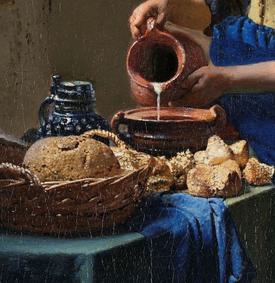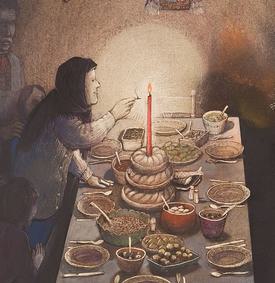
The Substance of Things
Human life is saturated with the experience of objects. We are, at all times, surrounded by things, whether made or natural. Yet, the ubiquity of things is also the cause of their neglect. How often do we properly attend to the things around us or reflect on the unconscious decisions we make as to their purpose, meaning, and worth? Distinctions between what is natural and artificial, living and lifeless, useful and ornamental, appear obvious, but when probed the scope of these differences is singularly difficult to discern. Behind every encounter with the things of this world lie fundamental judgments as to the nobility of our embodied existence and the dignity of our being creatures in a material world. Although easily overlooked, disdained, and discarded, the inner core of things nonetheless still discloses something as to the mystery of our being human.

